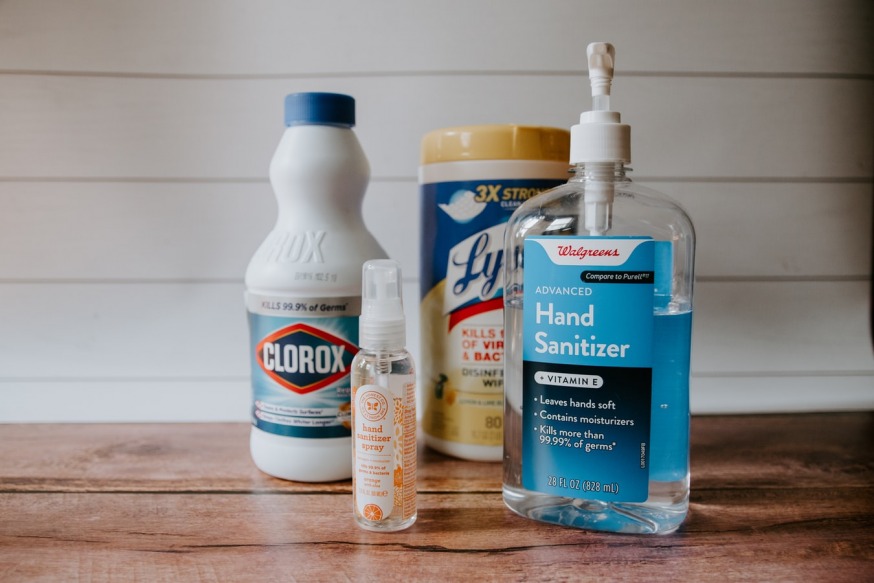
Photo: Stock Unsplash
May 28, 2020 By Allie Griffin
A wholesale grocery distributor sold more than 46,000 cans of Lysol disinfectant spray to New York grocery and discount stores at excessive prices, including several in Queens — and is now paying the price with a lawsuit from the state.
New York Attorney General Letitia James slapped a lawsuit against the wholesaler Quality King Distributors Inc. and its CEO Glenn Nussdorf for price gouging during the pandemic.
The company sold the disinfectant at more than double its normal price to local stores, which then sold the cans at exorbitant prices to customers, James said Wednesday.
Quality King, for example, increased the price of a single 19-ounce can from about $4.25 to $9.15 per can. Local stores then sold the cans for as high as $16.99 for a can that usually sells from $5 to $8.
Several stores in Flushing, Jamaica, Jackson Heights, Maspeth and Kew Gardens bought the disinfectant from Quality King Distributors and put it on their shelves at inflated prices.
“Quality King’s profiteering during this time of crisis is appalling,” Attorney General James said. “Instead of ensuring New Yorkers could protect themselves from this virus and stop the spread, Quality King chose to prey on a global pandemic to line its own pockets.”
James is seeking restitution from the wholesaler for those consumers who were forced to pay unlawfully high prices for these essential products.
Quality King steadily increased its prices for the disinfectant spray as the state became further and further gripped by the coronavirus pandemic, while its own costs for the product remained flat.
It bought 12-packs for $42.50 and sold the same 12-packs for about $110 by the end of March, James said.
The company was able to boost its gross profit margin on the product from 21 percent before the pandemic to more than 95 percent during the crisis.
The Attorney General’s Office is investigating many similar cases of price gouging across the state during the pandemic. The office has received thousands of similar reports from consumers who say they have been charged excessive prices for necessary products during the crisis since February 2020.
